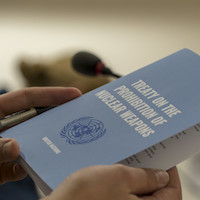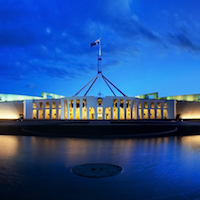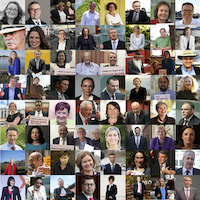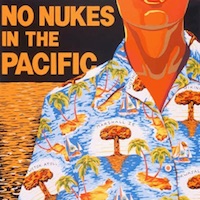Learn
THE NUCLEAR WEAPON BAN TREATY
The Treaty on the Prohibition of Nuclear Weapons fills a significant gap in international law whereby nuclear weapons were the only weapons of mass destruction not subject to a comprehensive ban.
An overwhelming majority of nations voted to adopt the Treaty in 2017 and it entered into force on 22 January 2021.
Click here for details on the Treaty, how it works and which countries have signed and ratified. Learn about current nuclear arsenals, government positions worldwide, and the significant events of the Nuclear Age since 1942 leading to the landmark adoption of the Treaty. →
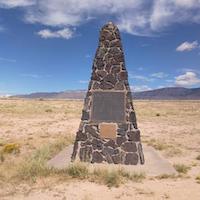
HUMANITARIAN IMPACTS
Nuclear weapons are the most destructive, inhumane and indiscriminate weapons ever created. The bombings of Hiroshima and Nagaski killed 214,000 people by the end of 1945. Even a limited regional nuclear war would disrupt global climate and agricultural production so severely that over a billion people would be at risk of famine.
Click here for more information about the impacts of nuclear weapons and the legacy of nuclear testing conducted between 1945 and 1996. Read the stories of Australians affected by nuclear testing in the outback between 1952 and 1963. Learn about the Humanitarian Initiative that laid the groundwork for the Treaty. →
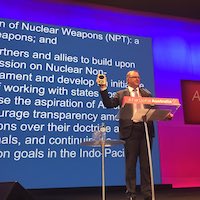
PRIME MINISTER ANTHONY ALBANESE
The Australian Labor Party, which won government at the polls on 21 May 2022, made a pre-election pledge to sign and ratify the UN Treaty on the Prohibition of Nuclear Weapons. Such a move would make Australia the first country currently under the United States’ so-called “nuclear umbrella” to become a TPNW state party.
Read about Prime Minister Anthony Albanese’s longstanding commitment to nuclear disarmament and the TPNW. →
AUSTRALIA’S POSITION
Australia joined the Nuclear Non Proliferation Treaty in 1973 and is a member of the South Pacific Nuclear Free Zone. Australia has not yet signed or ratified the 2017 UN Treaty on the Prohibition of Nuclear Weapons, however the Australian Labor Party has committed to sign and ratify it in government.
Click here for a summary of Australia’s position, Labor’s policy, Labor branch support, the position of independent parliamentarians, parliamentary speeches, freedom of information documents and the global ICAN Parliamentary Pledge. →
SUPPORT IN AUSTRALIA
ICAN works with partner organisations in 103 countries to build community support for the Treaty. The global Cities Appeal encourages cities and towns to call on their governments to sign and ratify the Treaty. In Australia, interfaith groups, unions, medical and legal organisations, and prominent Australians have declared support for Australia’s commitment to the Treaty.
Click here to find out who supports the ban, including ICAN partners, cities, faith-based groups, high profile Australians, unions, civil society and international law experts. →
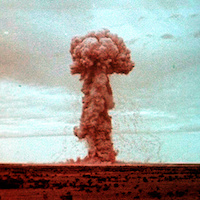
NUCLEAR TESTING IN AUSTRALIA
Australia has a complex history with nuclear weapons. It involves not only the weapons themselves but the mining of uranium and other materials for the manufacturing of these weapons, nuclear weapons testing and development, and nuclear waste dumping.
Click here to learn more about the British nuclear testing program in Australia in the 1950s and 60s and its impact on First Nations people and service personnel. →
PACIFIC ISLANDS
The Pacific has a unique voice to add to the calls for the ban on nuclear weapons, as we have a unique and toxic history with these weapons.
From 1946 to 1996, some 300 nuclear test explosions were conducted in the Pacific. Their impact on the fragile ecology of the region and the health and mental well-being of its peoples has been profound and long-lasting. Pacific nations have been among the earliest to sign and ratify the Treaty on the Prohibition of Nuclear Weapons since it opened for signature on 20 September 2017. →

